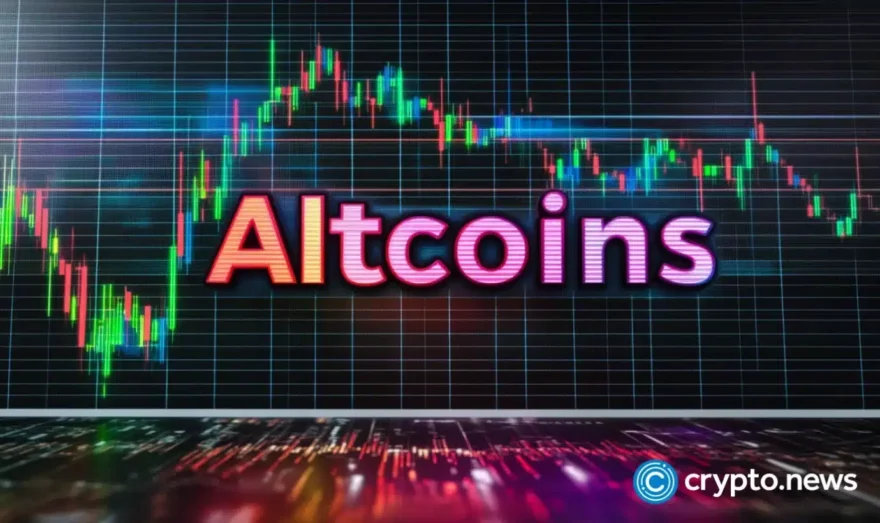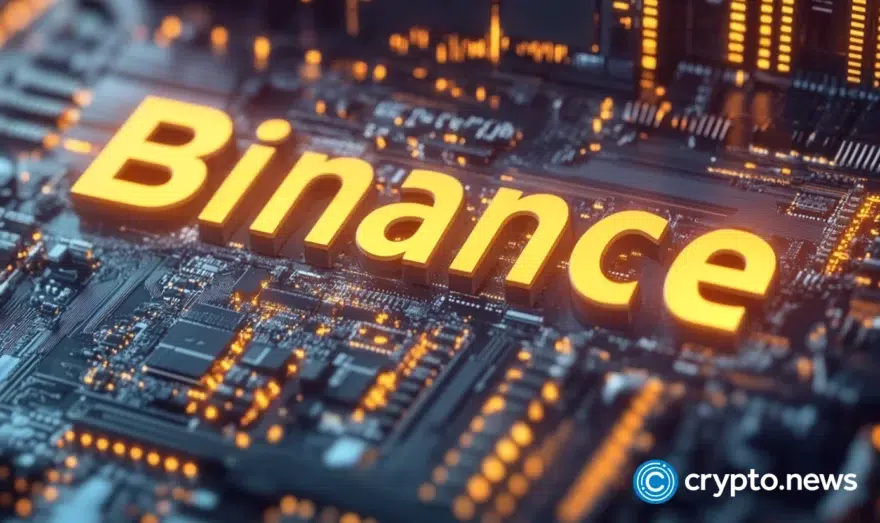US court clears $57M in frozen USDC in Libra token lawsuit

Over $57 million in USDC tied to the Libra token scandal investigation has been unfrozen by a U.S. federal judge.
- A U.S. judge unfroze $57.6 million in USDC linked to the Libra token scandal.
- Judge Jennifer L. Rochon ruled that Davis and Chow had complied with the proceedings and posed no risk of hiding or moving the assets.
- Investors across the globe lost millions when the Libra token collapsed.
The funds, which were originally frozen in May by Judge Jennifer L. Rochon of the Southern District of New York, were held in two wallets linked to memecoin promoter Hayden Davis and former Meteora exchange CEO Ben Chow.
The assets were frozen as part of a class-action lawsuit in which investors are seeking more than $100 million in damages related to the Libra collapse.
On Tuesday, Judge Rochon told the court she no longer sees Davis and Chow as likely to move the assets improperly. According to the judge, Davis and Chow stayed within the rules of the case and never tried to move or hide the funds while they were locked.
“It is plain that money damages would be available to compensate the class,” Rochon wrote, noting that the plaintiffs had not shown any “irreparable harm” that would warrant keeping the freeze.
Rochon pointed out that the defendants were not acting as “evasive actors,” which she said was central to her decision to unfreeze the assets.
At the same time, the judge made clear that the case remains in an early stage. She expressed skepticism about the likelihood of the class-action lawsuit ultimately succeeding, though she stopped short of dismissing the matter outright.
Chow’s attorney, Samson Enzer of Cahill Gordon & Reindel LLP, reinforced that position, calling the plaintiffs’ claims “untested and meritless” and signaling a forthcoming motion to have the case thrown out.
The Libra Token Scandal
Libra was launched back in February this year with backing from Davis’ Kelsier Labs and infrastructure provided by Chow’s Meteora exchange.
The cryptocurrency was quickly able to hit a market capitalization of over $4.56 billion, especially after Argentine President Javier Milei promoted the token on social media as a way to support small businesses in the country.
Traders looking to make a quick buck perceived Milei’s X post as an endorsement, which helped LIBRA hit an all-time high of over $4 after launching.
However, less than a day later, Libra had lost nearly 97% of its value while its market cap crashed. Investors started accusing Davis and Chow of orchestrating one of the most notorious rug pulls in recent memory, while some critics pointed to Milei’s initial endorsement as a key reason why many traders believed the Argentine government backed the token.
Milei was quick to delete his post endorsing Libra and distanced himself from the project, while insisting that he had no knowledge of its structure or the risks involved.
He characterized his promotion as just another routine social media share, but that explanation failed to stop a congressional ethics probe.
A congressional ethics probe was launched against Milei, and lawmakers in the country also pushed for impeachment proceedings. However, Milei eventually shut down the investigation and disbanded the task force.
Fallout and Aftermath
Davis emerged as the face of the scandal once the project began to collapse. Subsequently, he launched a media push, portraying himself as the custodian of Libra’s funds and even as an advisor to Milei, but the claims only intensified the backlash against him.
Meanwhile, Chow was forced to resign from his role at decentralized exchange Meteora, with his pseudonymous co-founder “Meow” citing poor judgment in trusting Davis at the time.
For now, Judge Rochon’s decision to unfreeze the funds gives both the defendants breathing room in court, the shadow of the Libra crash continues to hang over the investors seeking restitution.

















